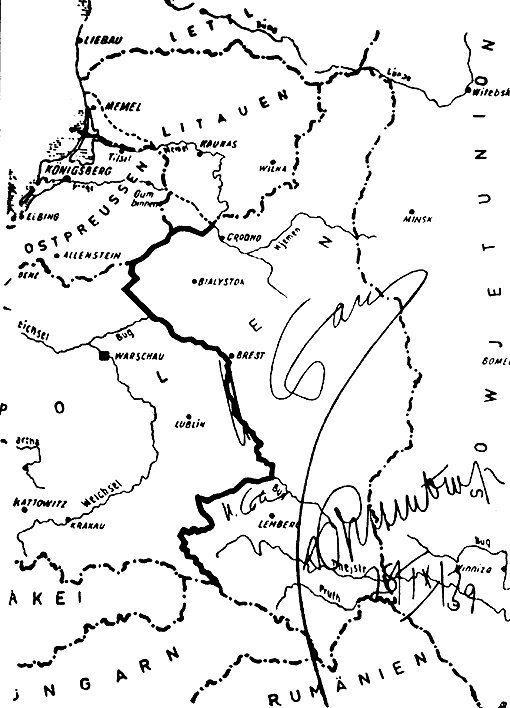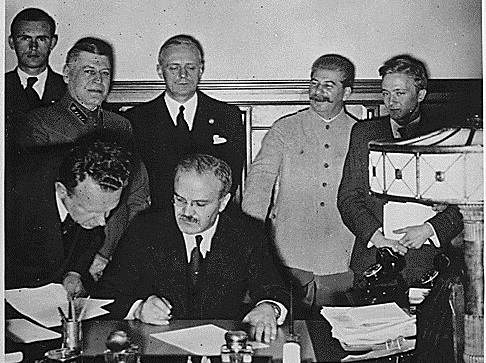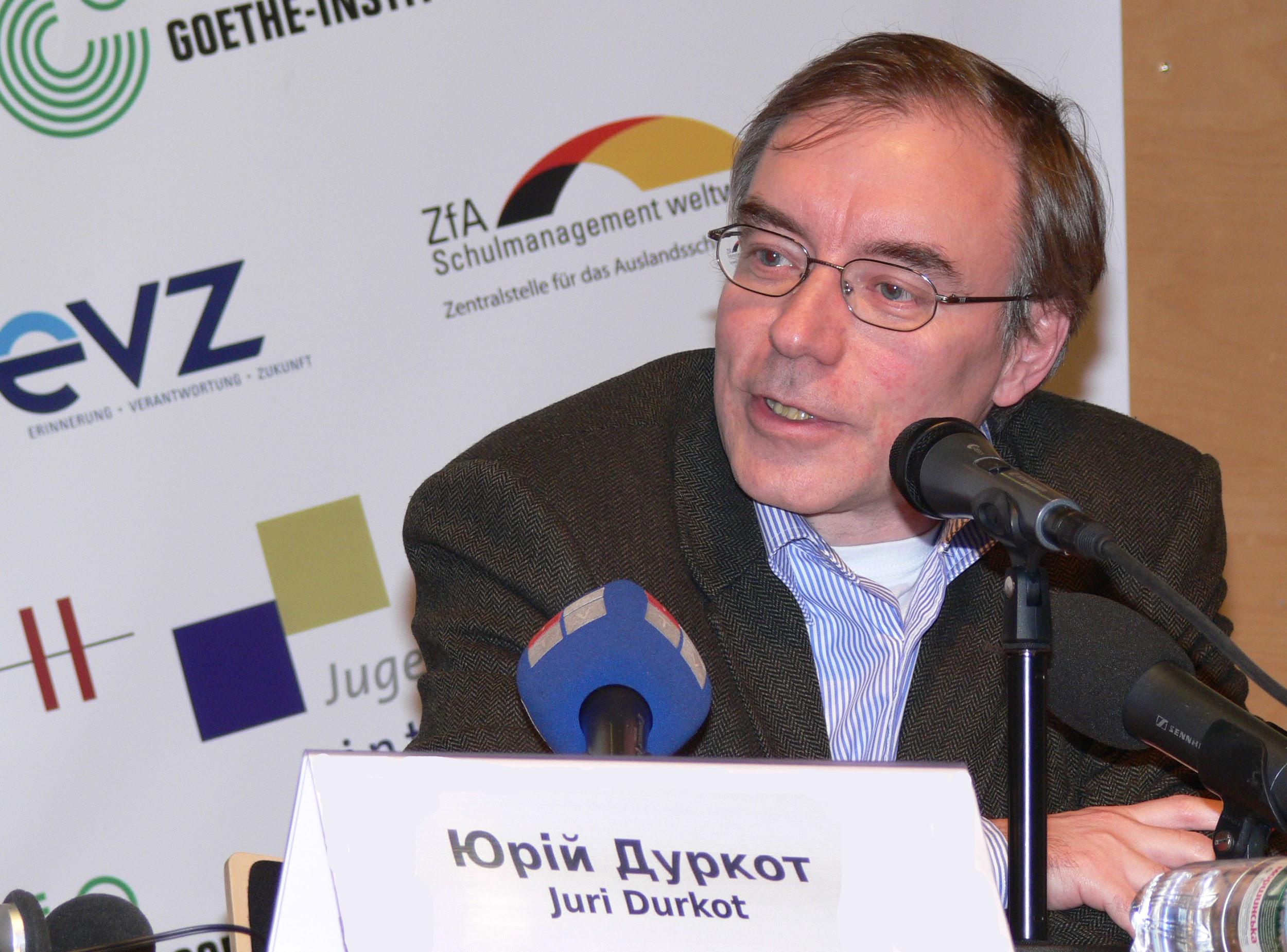Seventy-seven years ago, Hitler and Stalin reached the agreement on the division of Eastern Europe into spheres of influence, an agreement known as the Molotov-Ribbentrop Pact and one that continues to divide Russia from the rest of Europe and to cast a shadow on the entire continent to this day.

If the countries that were its immediate victims and Europe as a whole view this agreement as the proximate cause of war in Europe and the division of the continent during the Cold War, Russian authors continue to insist that the pact was justified and, because it was justified, so too were Moscow’s annexations of other countries under its “secret protocol.”
That this division of opinions about the events of August 23, 1939, and their consequences should continue simultaneously highlights how little Moscow’s thinking has changed from Stalin’s time and how dangerous others--both near and far from the Russian border--see this lack of progress for their own futures and that of Russia as well.
Today, as it has done every August 23rd since 2009, the European Union will mark this anniversary as a Day of Remembrance “for the victims of totalitarian and authoritarian regimes” in order to “nourish [Europe’s] commitment to stand up for our common values and principles.”
In advance of that commemoration, which this year will be centered in Bratislava, the European Commission released the following statement declaring among other things the following:
“On 23 August 1939, Nazi Germany and the Soviet Union signed the Molotov-Ribbentrop Pact. It marked the beginning of one of the darkest periods in the recent history of our continent, bringing with it the deportation, torture and murder of tens of millions of people under totalitarian regimes. While the end of World War II marked the defeat of the Nazi regime, many Central and Eastern Europeans continued to suffer under other totalitarian regimes.
“77 years after the Pact's signature, we will remember all the victims of the totalitarian and authoritarian regimes that have scarred parts of Europe during the 20th century. The Europe-Wide Day of Remembrance for the victims of totalitarian and authoritarian regimes keeps alive the memory of the victims and pays tribute to them. This commemoration also helps us to recall lessons learnt from this dark chapter in European history.
“Fortunately, the young generations of Europeans today have not experienced life under a totalitarian or authoritarian regime. However, we must never take our freedoms for granted. Therefore, the preservation of historical memory and our commitment to democracy, fundamental rights and the rule of law, remain more important than ever.”
Dalia Grybauskaitė, the president of Lithuania, made a comment on Lithuanian radio on just how important such a commitment to such principles are for the countries of the region.
August 23rd, she said, “is the Day of Our Baltic Way and the anniversary of the Molotov-Ribbentrop Pact” and represents a time to reaffirm that “the division” the 1939 accord imposed on Europe will never be restored. Unfortunately, she continued, Moscow continues to show itself in favor of such division and is prepared to use the most unconventional ways to promote it.
Just how close her words correspond to the truth is shown by a new article in the authoritative Moscow journal, Voenno-Promyshlenny Kuryer, which says Stalin had no choice, that the West and Poland were to blame, and that countries neighboring Russia who oppose it deserve whatever fate Russia imposes on them, including dismemberment and annexation.
Related:
- Stalin's expansionist designs blocked signing of 2nd Molotov-Ribbentrop treaty
- June 22, 1941 - the day Hitler and Stalin ceased to be allies
- Archives show Stalin was ready to give Hitler Ukraine and the Baltics
- Today's Molotovs not finding the new Ribbentrops they hoped for, Ikhlov says
- Moscow military analyst: Preparing for a war in 2025, Putin wants new Molotov-Ribbentrop Pact to divide up Ukraine
- Putin needs both: a Great Victory and a Molotov-Ribbentrop Pact




